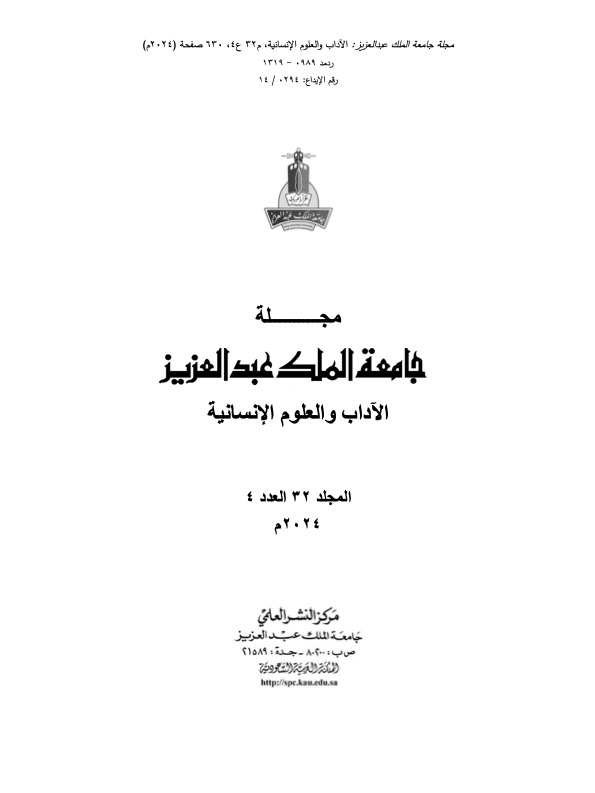التنمية المستدامة وأهدافها من منظور تربوي إسلامي: دراسة تحليلية
Main Article Content
Abstract
The current study aims to identify the intellectual and theoretical foundations of sustainable development and its goals, the role of education in promoting it, and the determinants of the Islamic perspective on sustainable development and its principles, as a concept rooted in Islam, according to evidence from the Holy Qur’an and the Sunnah of the Prophet, within the framework of its three economic, social and environmental axes. Due to the growing interest in education as a critical means of achieving sustainability, the United Nations launched the “Decade of Education for Sustainable Development” in 2005, with the aim of integrating the principles, values of sustainability into all aspects of teaching and learning to achieve a more sustainable future and environmental awareness for current and future generations.
The study depended upon the descriptive method, as it dealt with monitoring and analysis of the concept of sustainable development and its goals, while clarifying its characteristics and highlighting its aspects from an Islamic educational perspective, according to several axes: the concept of sustainable development, its principles and goals, then explaining the dimensions of the Islamic perception of development, and finally the components of enhancing the role of education in achieving it. The important results indicated that education according to the Islamic perspective is an important approach for achieving sustainable development in society; which demonstrates the extent of the flexibility of the Islamic educational system with all types of societal and global changes and developments. The study also presented some proposed measures concerning the four dimensions of development: environmental, educational, social and economic

